UN Security Council demands immediate ceasefire in Yemen as army closes in on Ma’rib
Apparently worried by the Yemeni army’s rapid gains in the battle to liberate the strategic city of Ma’rib, the UN Security Council has called for an urgent ceasefire across Yemen and an end to the army’s advances toward the last stronghold of Saudi-backed mercenaries.
“The members of the Security Council demanded an immediate nationwide ceasefire, in accordance with resolution 2565 (2021), and called for the resolution of differences through inclusive dialogue and the rejection of violence to achieve political goals,” Security Council President Martin Kimani said in a statement on Wednesday.
Kimani said the Council’s members stressed the need for de-escalation by all, including an “immediate end to the Houthi (Ansarullah movement) escalation in Ma’rib,” hinting at recent ground gains in Ma’rib by the forces of the Sana’a government, which has been run by the Ansarullah movement since the former government fled the Yemeni capital.
Exhibiting bias in favor of Riyadh, the Council condemned the Sana’a government’s retaliatory attacks against Saudi Arabia, while failing to note that Riyadh initiated the war and has continued to bombard Yemen ever since.
Since 2015, Saudi Arabia has led a war coalition against Yemen to overthrow the Ansarullah movement and reinstall the ousted, Riyadh-friendly regime of Abd Rabbuh Mansur Hadi in Sana’a.
The prolonged war, accompanied by a tight siege, has failed to reach its goals, killing hundreds of thousands of Yemeni people while throwing the poorest Middle Eastern country into what the UN calls the world’s worst humanitarian crisis.
A day earlier, UNICEF estimated that the protracted war in Yemen has killed or maimed at least 10,000 children, which is equivalent to four children every day.
The 15 council members also “condemned in the strongest terms” violations of international humanitarian law and international human rights law, as well as human rights abuses in Yemen.
They expressed grave concern for the dire humanitarian situation in Yemen, including prolonged starvation and the growing risk of large-scale famine, which is compounded by the dire economic situation, and stressed the need to avoid any actions that could cause suffering to the civilian population.
In recent months, the Saudi-led coalition’s forces have been striving in vain to stop the Yemeni Army’s advances towards Ma’rib city and its retaliatory attacks on Saudi soil.
Sana’a has asserted that its raids on Saudi Arabia are the direct result of the kingdom’s continued aggression against Yemen, pledging to end the attacks as soon as Riyadh and its allies end the war and lift the siege, as a result of which fuel shortages are adding to people's suffering across the Arab country.
Meanwhile, a security official said that the Saudi-led coalition launched 29 raids on separate areas of Ma’rib, Sa’ada, Shabwa, Jawf, and Hajjah provinces on Wednesday.
The coalition’s warplanes targeted Ma’rib’s al-Joba district with 12 raids and hit Rahba district with two raids, while in Sa’ada, three strikes targeted Sahar district, three others hit Baqim district, three raids targeted al-Dhahir district, and one airstrike attacked Mahdha area of al-Safraa district, causing serious damage to the Yemeni civilians’ properties, the official told Yemen Press Agency.
With the latest advances, the Sana’a government now controls most of Ma’rib Province, with the battle focusing on the city, the last stronghold for the former government officials and other Saudi-backed mercenaries.
Currently, most of the oil-rich northern areas are under the Sana’a government's control, while the remaining areas, namely Taiz, Hodeidah, Hajjah, al-Beidha and Ma’rib city, are divided between the Sana’a government and the Saudi-backed mercenaries.
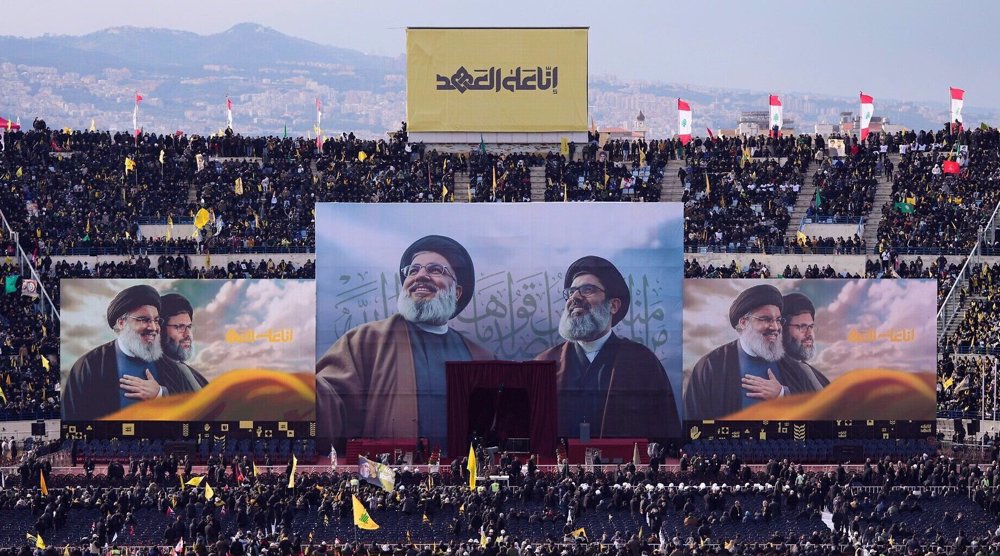
Nasrallah shattered myth of Israeli military’s invincibility: Top Yemeni official
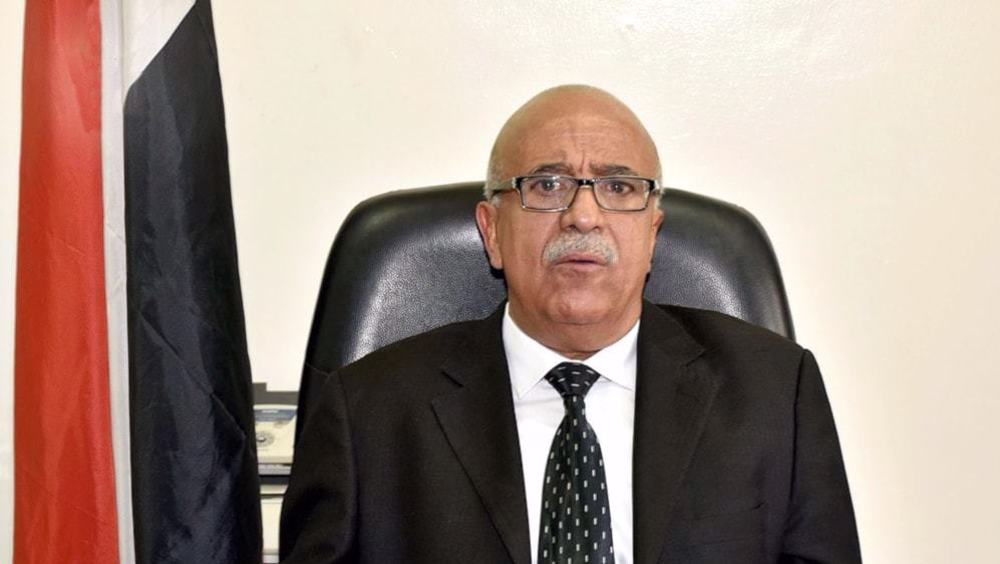
Yemeni PM: Hezbollah brought Zionist enemy to its knees
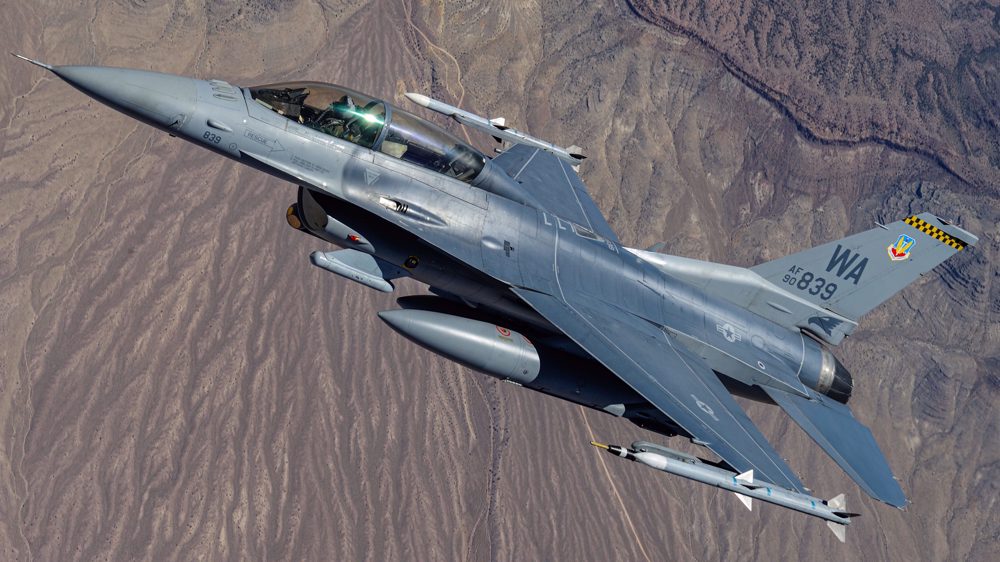
Yemeni forces target US warplane: Report
Australian senator smeared by anti-Iran groups for saying Iranian women 'have a voice'
Hezbollah's display of power proved resistance cannot be eliminated: Iran parl. speaker
Israel escalates West Bank raids as official says regime seeking to complete Gaza genocide
Palestinian man dies in Israeli prison as Foreign Ministry urges intl. probe into regime’s crimes
Putin says not opposed to Europeans’ involvement in Ukraine talks
VIDEO | Iranian Kurdish protesters demand European action against PKK, PJAK terror
VIDEO | Israel expands offensive in northern West Bank, deploys tanks to Jenin
VIDEO | Spaniards fill streets of Cádiz in solidarity with Palestine


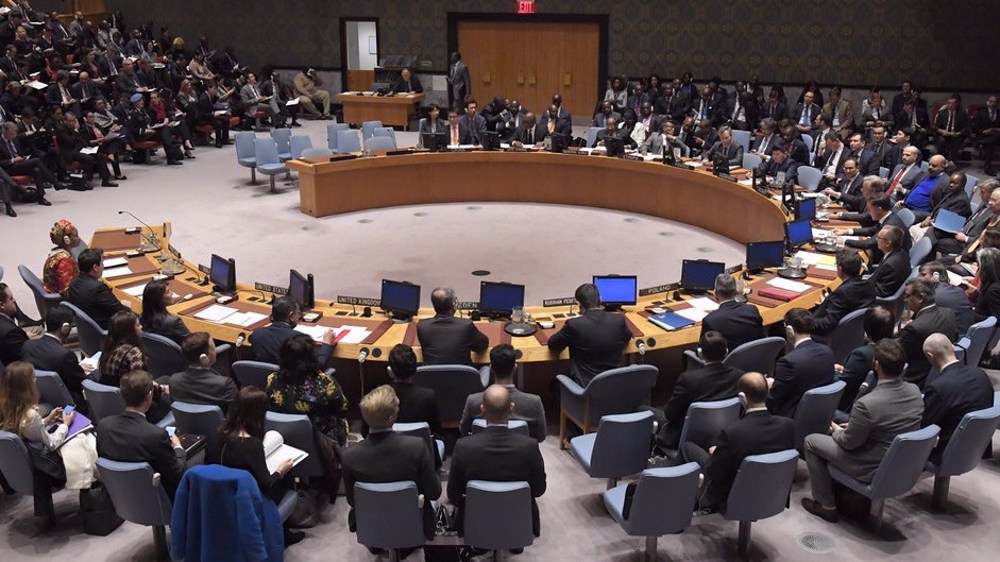
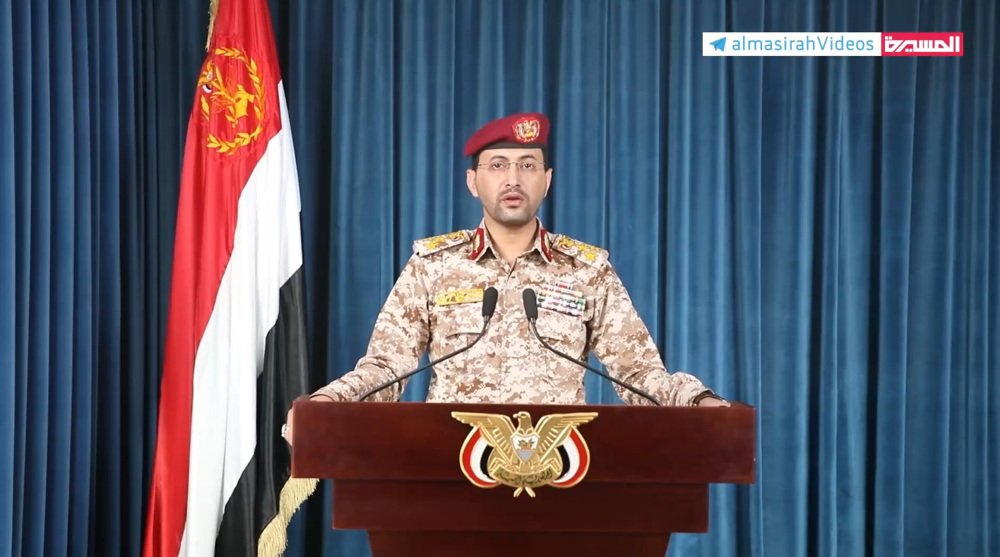
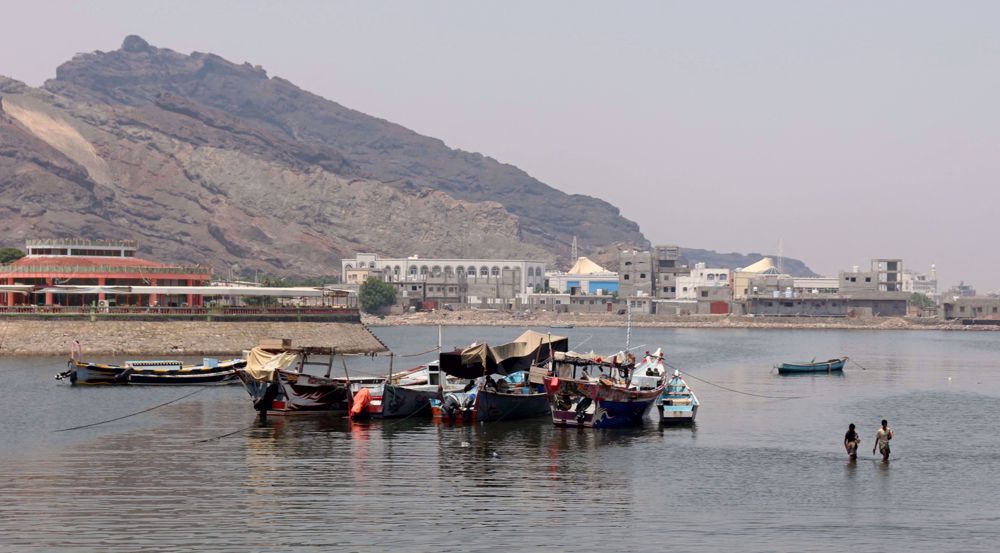



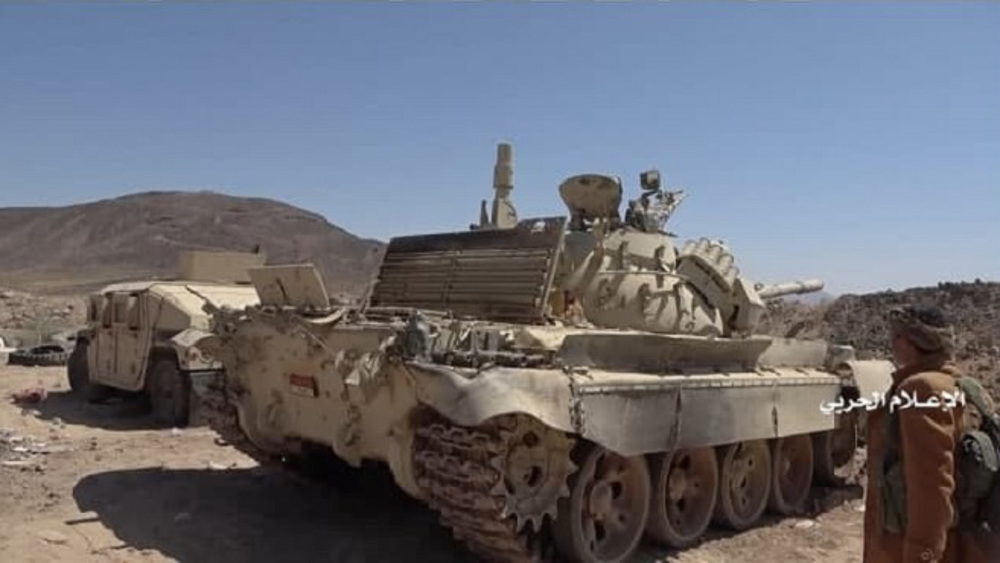
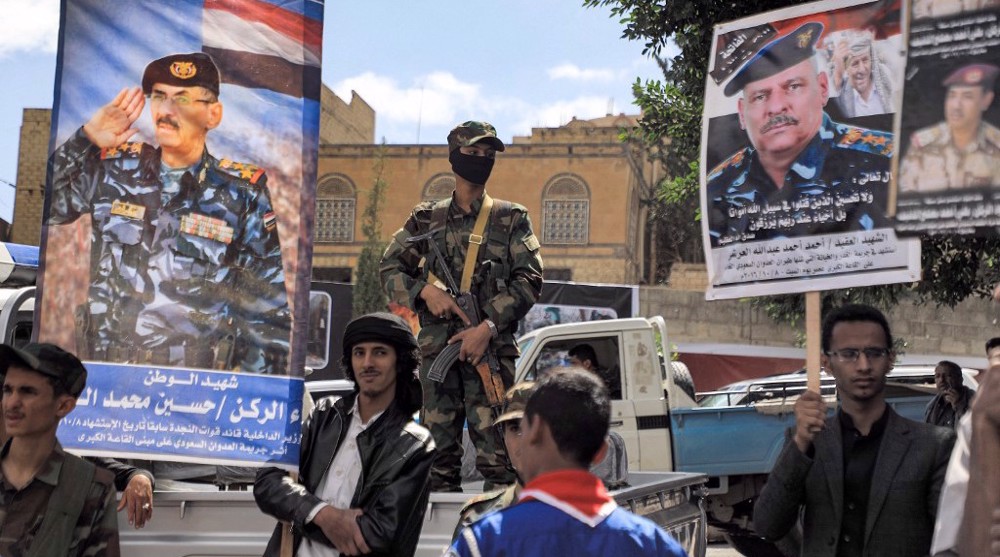
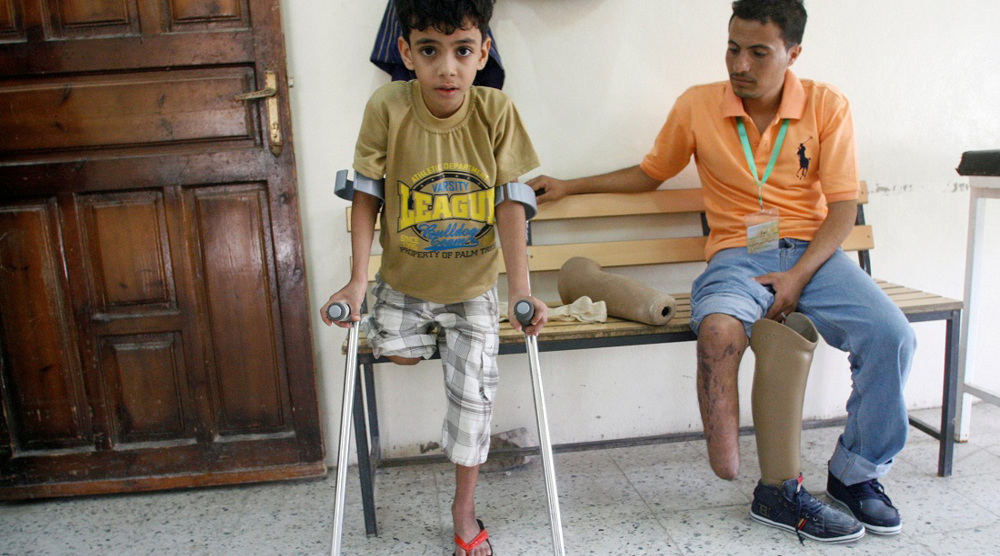
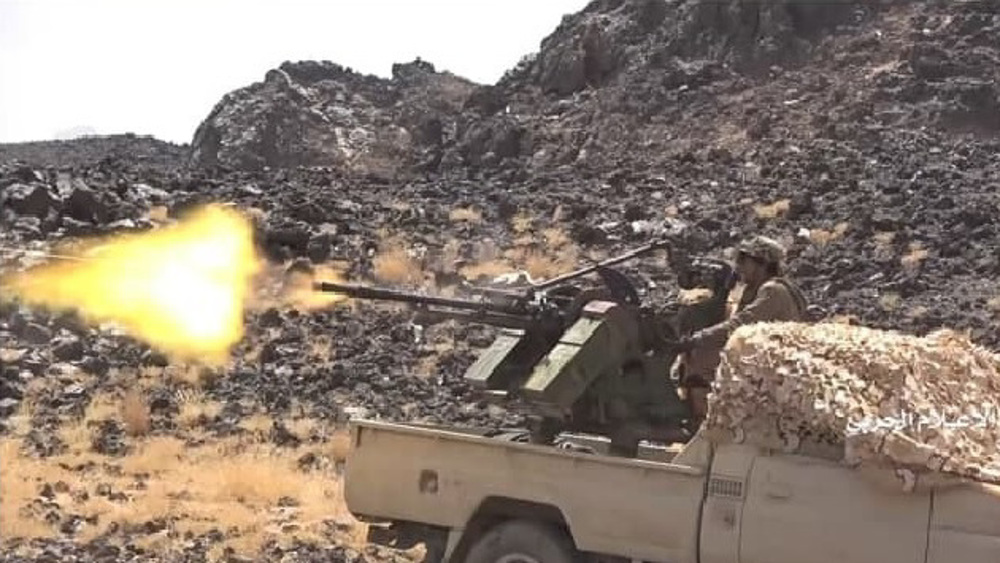

 This makes it easy to access the Press TV website
This makes it easy to access the Press TV website